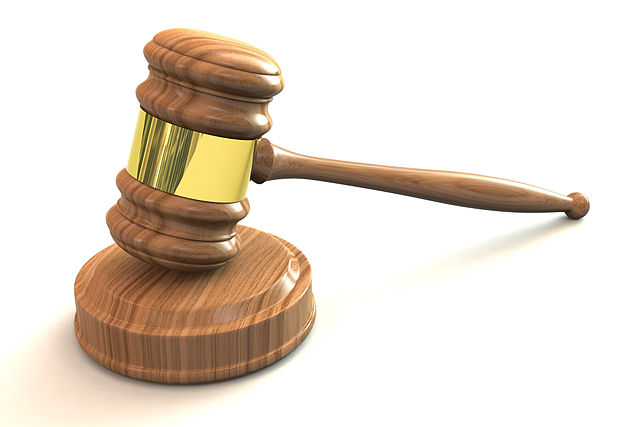Legal vs Equitable Remedies
Understanding the distinction between Legal and Equitable Remedies is straightforward. First, it is important to know the meaning of the term “remedy” in law. A remedy is a form of relief sought by an aggrieved party in a lawsuit, typically in civil actions. It is a form of judicial enforcement of a legal right or the means by which a right is enforced. A remedy also refers to the means by which a party seeks redress for personal injury or harm. Remedies sought by parties are commonly categorized into Legal and Equitable Remedies, although this is not a strict categorization. The categorization and distinction have historical origins, which will be explained in this article.
What are Legal Remedies?
Many jurisdictions maintain a distinction between Legal and Equitable Remedies. A Legal Remedy is the traditional form of relief granted to aggrieved parties in a lawsuit, dating back centuries. Early courts in England granted relief to a person seeking redress by ordering a payment of money to that person, typically the plaintiff in a civil case. A Legal Remedy is a monetary award ordered by the court for actions in which the plaintiff seeks compensation for loss, pain, or injury.
Today, this monetary award or payment of money is more commonly termed “Damages.” Damages can be awarded in various forms, such as compensatory damages, punitive damages, liquidated damages, consequential damages, or nominal damages. Compensatory damages generally compensate the plaintiff for the loss or injury suffered due to the defendant’s actions or breach of duty. Punitive damages intend to punish the defendant for their conduct by ordering them to pay a specific amount, similar to paying fines under criminal law. The purpose behind granting damages is to place the injured party in the position they would have been in if the breach or harm had not occurred. Legal Remedies are generally granted in cases involving breach of contracts, personal injury, and other torts.
What are Equitable Remedies?
The origin of Equitable Remedies dates back to the Court of Chancery in England. This court, also known as the court of equity, was introduced to mitigate the harshness and injustice that sometimes resulted from the strict common law system. It granted relief or remedies to aggrieved parties, namely, Equitable Remedies. In the case of an Equitable Remedy, the court will properly evaluate the issue to determine if the victim should be granted such a remedy. An Equitable Remedy is a non-monetary award granted by a court to ensure fairness and justice. Generally, courts grant Equitable Remedies to satisfy the claim of an aggrieved party when the Legal Remedy is insufficient or inadequate to fully compensate the victim.
Like Legal Remedies, Equitable Remedies are also granted in civil cases involving torts or contractual disputes. There are many Equitable Remedies, but some common remedies include injunctions, specific performance, rescission, rectification, equitable estoppel, and declaratory relief. Injunctions and specific performance represent the most widely granted Equitable Remedies. An injunction is a remedy that may be either mandatory or prohibitory in nature. This means that the court will either order the defendant to do a specific act or prohibit them from doing something. Specific Performance is where a party, the defendant, has not performed the terms of a contract, and the court will order the defendant to perform the terms of the contract. Equitable Remedies are granted to ensure fairness where a mere monetary award is insufficient to compensate the victim for the loss or injury suffered as a result of the defendant’s actions.
What is the difference between Legal and Equitable Remedies?
• A Legal Remedy is a form of relief granted to a victim to enforce a certain right or redress a wrong committed to him/her.
• An Equitable Remedy is granted to ensure fairness and justice when a Legal Remedy is insufficient or inadequate to compensate the injured party completely.
• A Legal Remedy is a monetary award better known as damages.
• An Equitable Remedy is a non-monetary award typically granted in the form of injunctions, specific performance, and other Equitable Remedies.
Key Takeaways
- A Legal Remedy is a monetary award (damages) ordered by the court to compensate the plaintiff for their loss, pain, or injury.
- An Equitable Remedy is a non-monetary award granted by a court to ensure fairness and justice when a Legal Remedy is insufficient or inadequate.
- Both Legal and Equitable Remedies are granted in civil cases involving torts or contractual disputes, with the main difference being the form of relief provided (monetary vs. non-monetary).
